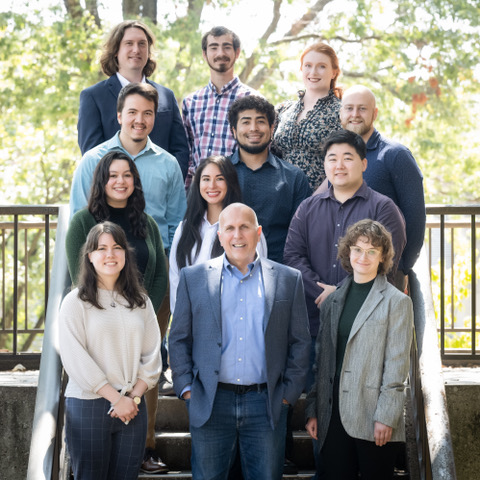
TIGER
TIGER
The Tennessee Institute for Gambling Education & Research, or TIGER, was established in 1999 by Drs. James Whelan and Andrew Meyers. The catalyst for the Institute was their experience with an individual who presented at the University of Memphis Psychological Services Center with depression. At the first meeting with a graduate student therapist, this individual revealed that a significant contributor to his depression was his gambling. Twice a week, he would travel about 100 miles to a state that offered lottery tickets. On each trip, he would spend a couple of hundred dollars to purchase scratch-off tickets. Sometimes he won. Other times he would drive home swearing that he would never do this again. Of course, three or four days later he was back in pursuit of lottery tickets. His finances and his relationships suffered, which in turn led to depression and thoughts of taking his own life.
As supervisors of this person’s treatment, they searched the literature for evidence of the best treatment options. Finding the literature lacking, they reached out to substance use disorder researchers they knew to puzzle together how to help this man get his life back. The strong collaborative relationship between this man and his therapists bolstered his improvement. As they worked together, they learned how gambling, a non-substance addiction, is both similar and different from substance use problems. Realizing the growth of gambling availability near Memphis, they decided to devote their focus to research questions related to assessing, treating, and preventing gambling problems and harms.
Over the years, TIGER has expanded its scope, recognizing that gambling addiction is not only a local or national issue but a global one. Gambling is now available in more formats than ever before—both in physical locations like casinos and lotteries, and online through websites and apps that provide instant access to games of chance. This widespread availability has led to increased gambling behavior across diverse demographics, making research and education on the topic even more essential.
TIGER consists of two interactive arms. The first is The Gambling Clinic®, where we offer services related to gambling problems. The other is The Gambling Lab, where we strive to ask questions that help to enhance the services we offer in the clinic. Key to TIGER is the reciprocity of the clinic and the lab. Our research questions come from our work with people who are struggling due to gambling, and our clinic work is constantly being revised based on the research evidence we create.
In addition to its research and clinical services, TIGER is dedicated to community outreach and education. The Institute frequently holds seminars, workshops, and public speaking engagements to raise awareness about gambling addiction and its effects on mental health, relationships, and financial stability. By providing resources and educational tools, TIGER aims to prevent gambling-related harm before it takes hold in individuals’ lives. Through these efforts, TIGER not only supports individuals already dealing with gambling problems but also equips communities with the knowledge to recognize and address these issues early on.
The interdisciplinary nature of TIGER’s work has attracted collaborations with other universities, non-profit organizations, and governmental agencies, helping to shape gambling policy and best practices in treatment and prevention. By integrating clinical care with ongoing research, TIGER continues to lead the way in developing effective strategies to combat gambling addiction, and its work has been recognized both regionally and nationally as a model for gambling intervention and research.


